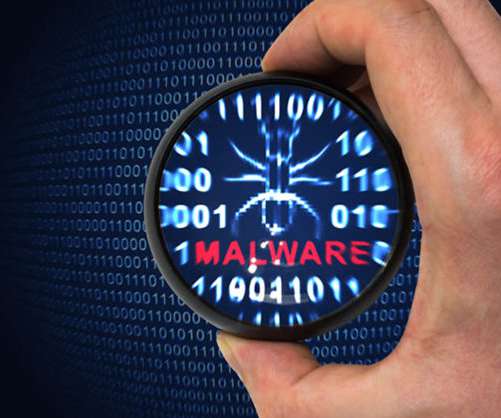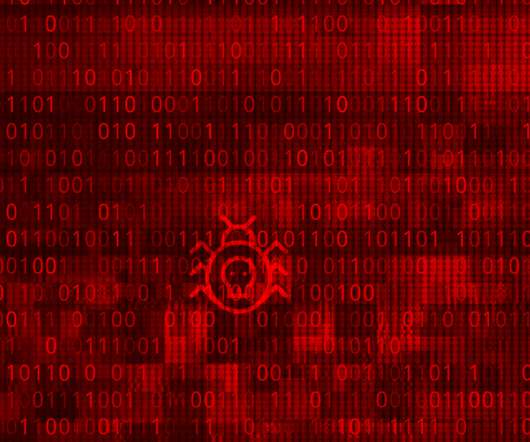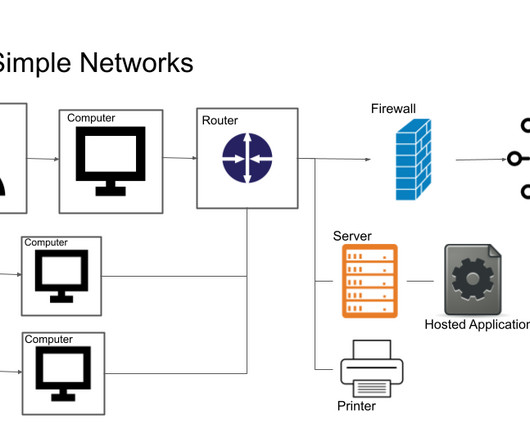Blister malware using code signing certificates to evade anti malware detection
CyberSecurity Insiders
DECEMBER 27, 2021
If you are in thinking that your PC or computing device is secure enough as it is loaded with an anti-malware solution, you better change your viewpoint. As some hackers have developed a malware that uses code signing certificates to avoid detection by security defenses and has the tendency to download payloads onto a compromised system.





















Let's personalize your content